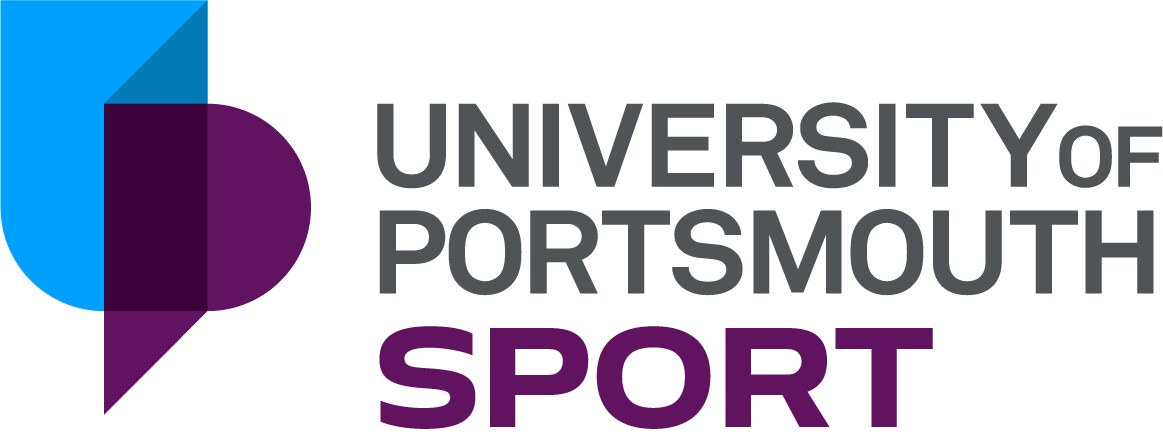

Find out why is sleep important for you especially during stressful period
Sleep may be one of the last things you think of during the exam period. Staying in the library till sunrise trying to reach the word count of your essay is something most of us have done. However, staying up so late and not giving your body enough time can have a major impact on you as well as your results. Sleep and recovery is a very underused tool in reaching our targets, it is vital we listen to our body to recover adequately in order to keep pushing forward. Here are a few reasons why you should start to prioritise sleep in your training schedule.
1. Intensity
The exam period can be a very stressful and busy time of the year. Trying to meet all your deadlines requires a lot of concentration and energy, which you usually try to supply by drinking cups and cups of coffee and energy drinks when in reality, all your body needs is a night of good sleep. If you are well recovered, you are going to perform 10x better with your essays, coursework and exams, therefore leading to greater results. You should feel energised and pumped, ready to give 100% for the last few assignments before enjoying the summer. Sure, we all have some days where motivation is lacking and we just need to push through, but if you always feel like you are running on the last bit of your energy, start making sleep a priority and you'll reap the rewards.
2. Recovery
Lack of sleep lowers your focus time and attention span which makes you confused and unable to solve logical tasks. This can increase your stress levels as it can get very frustrating not being able to perform simple tasks and think straight. Extended sleep deprivation can also result in permanent damage to brain cells. A good night's sleep will help you recover quicker which in turn will help you to keep pushing forward towards your goals. If your body is crying out for a rest, listen and take a day off. There is no need to feel guilty for having a good night's sleep if you plan your study time ahead and give yourself enough time for each piece of coursework. Recovery should be a part of your schedule, so ensure you are allowing yourself adequate time to rest and not burning yourself out.
3. Nutrition
We will go into more detail in regard to your diet and recovery in another article, so I will keep this short and sweet. If you are well-rested and your study time is going better than you could imagine, you are much more likely to make better choices when it comes to your nutrition and fueling your body for the library sessions. However, if you have a poor night’s sleep, you are more likely to reach for a breakfast or dinner that is convenient as opposed to a healthy nutritious option that takes longer to cook than a takeaway. We have all been there when we are tired and stressed, we want something that takes as little effort as possible. In the long term, if this happens on the rare occasion, it isn’t going to be a problem but if you find this is you multiple times a week it may be worth looking at your sleeping habits and installing some changes.
Here are some tips to help improve your sleep:
- Set yourself a time to go to bed and wake up. Forming a habit will help this become second nature
- Switch off your laptop 30-60 minutes before bed
- Remove distractions - Put your phone downstairs or in another room. Scrolling through social media aimlessly isn't going to help you get to sleep any quicker.
- Try reading before bed - Coming away from a screen and into a good book can really help you to switch off
- Plan your study time so you have enough time to finish all assignments
In summary, quality sleep can play a massive part in an overall healthy lifestyle and has been shown to help reduce stress, decrease the risk of obesity and other diseases and aids the body in recovery. Although we’re talking about utilising sleep around assessment periods - the same principles apply during any period of stress. The impact that sleep can have on your exercise routine has similar benefits. So if you really want to boost your focus or your training, get some kip.
Check our exercise and stress article about how to balance your training during stressful periods.
Not only sleep but exercise is also a very important tool that helps with both physical and mental health. Channelling all your emotions during Zumba, yoga, boxing or running can help you relieve exam stress and boost your energy. Find your way how to deal with stress and keep active.

